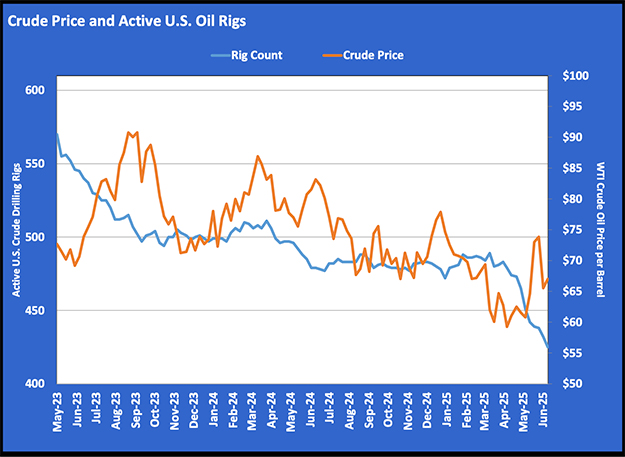In the Know: Developing an investment strategy
In the Know is a monthly partnership between LP Gas magazine and Propane Resources. Our focus this month is on investment strategies, addressed by consultant Cooper Wilburn.
Q: What investments should retailers consider for 2020?
A: You probably read the question and thought a magic bullet would follow. Well, I have news for you: There is no magic bullet.
Investments can be a costly endeavor for companies. Making the right one can pay off handsomely, while making the wrong one can be detrimental to your operation. Every company should have different investment goals depending on the life cycle the company is in and what opportunities are available in the current market area.
There are essentially five basic stages to a company’s life cycle: launch, growth, shakeout, maturity and decline. A company that’s trying to launch its business will need to invest in rolling stock, tanks, software and a little marketing. When starting off, you would like to see a lot of growth, but most times, a company is not able to invest marketing dollars because profits and cash flow are in the red.
A company in the growth stage should invest heavily in the marketing side of the business. Sales should increase rapidly, and toward the end of this stage profits will turn positive.
In the shakeout stage of a company’s life cycle, sales will slow due to market saturation, and profits will begin to decline. This would be a good time to invest in items that will drive efficiencies like tank monitors and additional routing optimization software.
During the maturity stage of the business, capital spending is generally behind the business, which leaves the company with more cash on hand. It’s a good idea to seek professional advice – such as a valuation or market research study – to determine where the company should go next.
The company will enter the decline phase at some point, which is when a decision should be made to either sell the business or start a new business venture (reinvest the money made and grow into another market). Knowing what you can get for the business that you have grown over the years may be lucrative to your personal financial goals, while continuing to stay in the business and reinvest your money may be the way to go.
Your personal financial goals and market dynamics should drive your next move. Look at what is happening in your area. Has there been significant consolidation in your particular marketplace, allowing you to expand your market share? Are there other utilities or more competition coming in that will threaten your business? Currently, propane is very cheap compared to electric, which gives retailers a great opportunity to take market share from the electric companies. Investing in programs that allow you to target this low-hanging fruit should be a no-brainer depending on what you plan to do personally in the next three to seven years. For someone looking to retire soon, it probably doesn’t make much sense to invest heavily in growth.
Investments will always present themselves. It is up to you to determine if the investment works for your current position and market environment.
Cooper Wilburn is a consultant at Propane Resources. He can be reached by calling 913-262-0196 or emailing cooper@propaneresources.com.
















